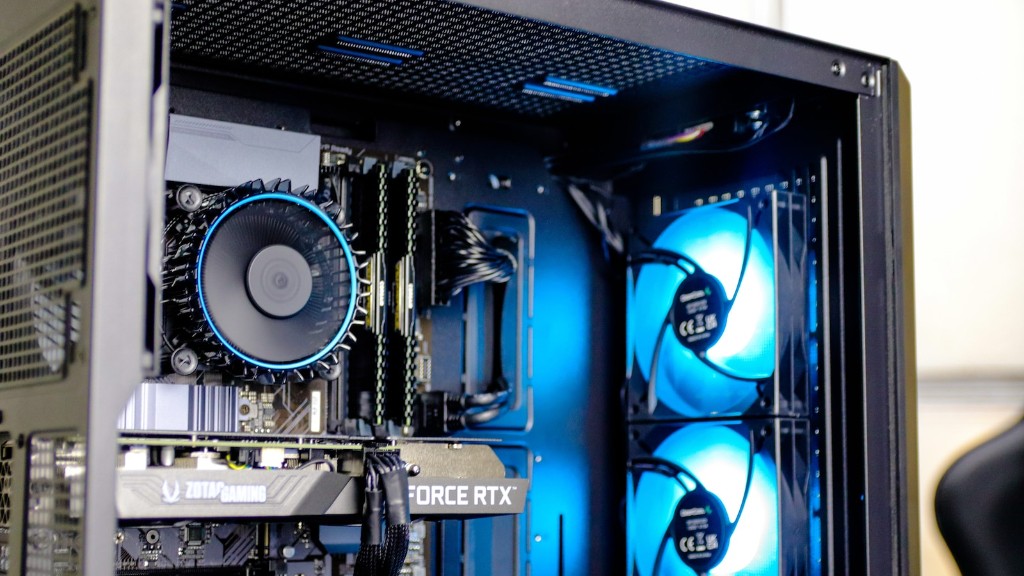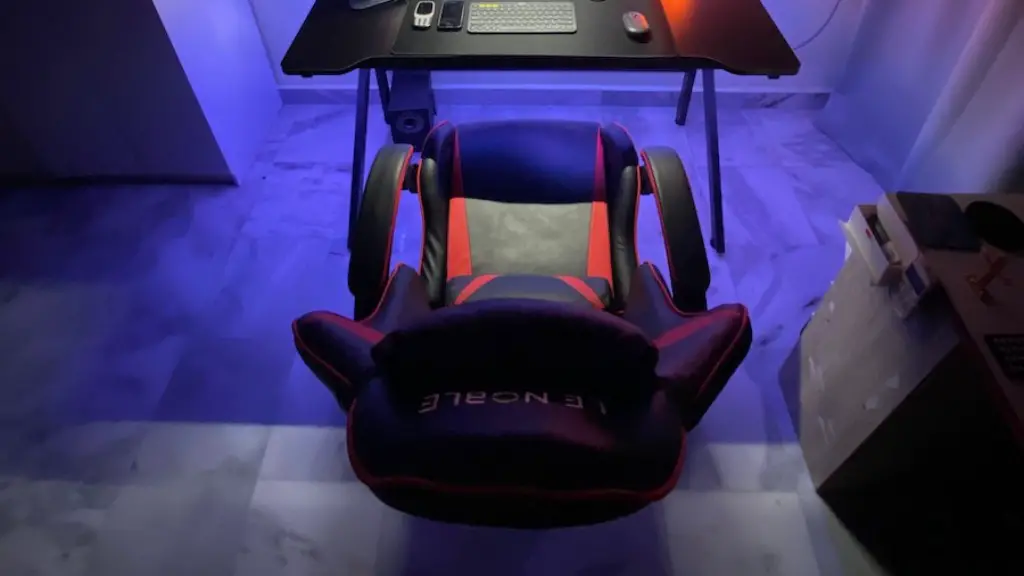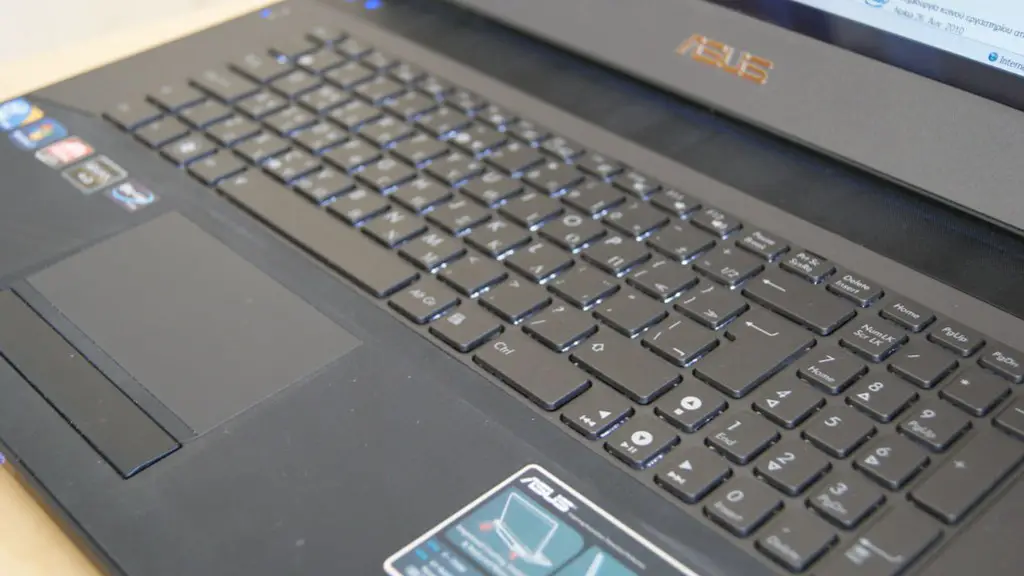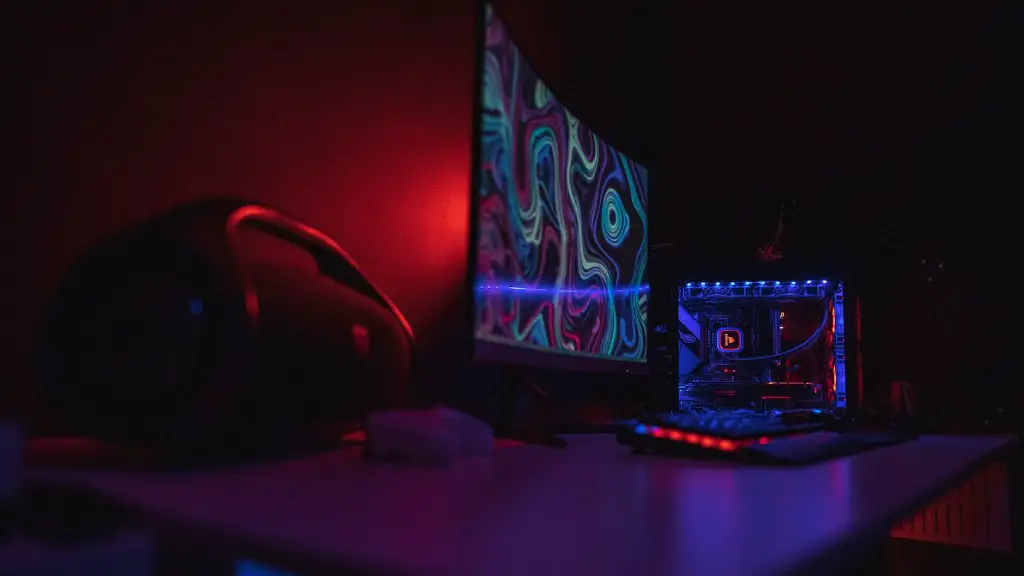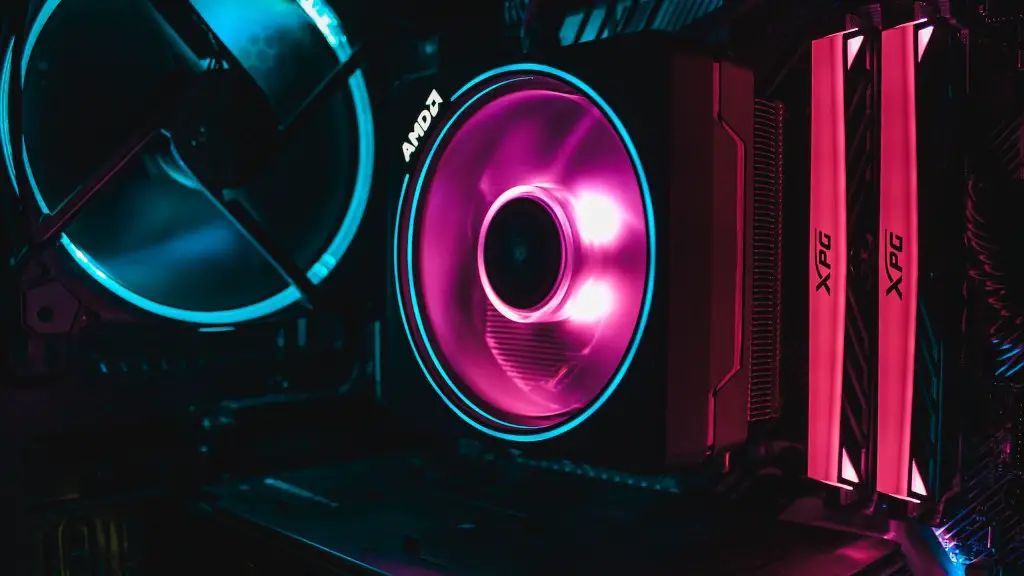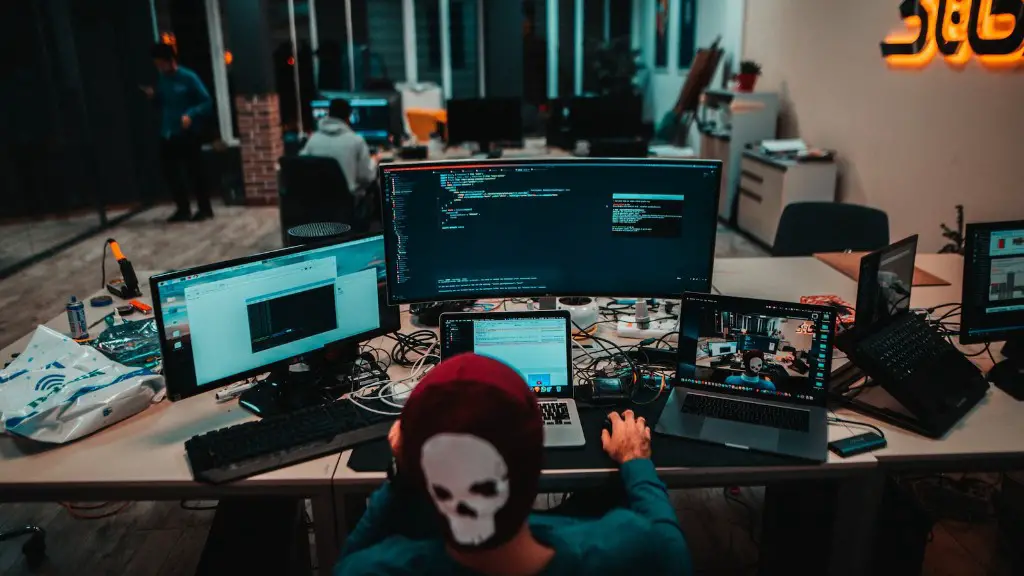A gaming PC is a personal computer designed for playing video games that require a lot of computing power. Gaming PCs are often very similar to general-purpose computers, but they may have some features that are more suited to gaming, such as a higher-end graphics card. If you’re interested in building your own gaming PC, there are a few things you’ll need to keep in mind.
There’s no one-size-fits-all answer to this question, as the best way to build a gaming PC depends on your budget, preferences, and the types of games you want to play. However, here are some general tips to get you started:
1. Start with a good CPU. For gaming, you’ll want a processor that can handle demanding tasks. AMD and Intel both offer great options at a variety of price points.
2. Don’t skimp on the RAM. Gaming PCs need plenty of memory to run smoothly. 8GB is a good starting point, but 16GB is even better.
3. Choose a good graphics card. This is one of the most important parts of a gaming PC, as it will determine how well your games look and run. Nvidia and AMD offer great graphics cards at a variety of price points.
4. Get a good motherboard. This is the foundation of your gaming PC, so it’s important to choose a quality option that will support all of your other components.
5. Choose a quality power supply. A good power supply is essential for a gaming PC, as it needs to be able to handle all of the components and keep them running smoothly.
Is it cheaper to make or buy a gaming PC?
Building a PC will actually save you money in the long run, because you will likely not need to replace or repair components as often as with a pre-built. With a pre-built, you are at the mercy of the manufacturer and their quality control. With a custom build, you can choose higher quality components that will last longer. Additionally, you can upgrade individual components as needed, rather than having to replace the entire system.
Building a gaming PC can be a daunting task, but with this step-by-step guide, you’ll be up and running in no time. Check your components to make sure they’re compatible, then mount the power supply and install the motherboard, CPU, and RAM. Install your CPU cooler, SSD or hard drive, and graphics card, then manage cables and test your PC for any issues.
How much does it cost to build a gaming PC
A $1000-$2000 budget will allow you to include some extra features in your build that you may not have otherwise been able to afford. These features can include things like WiFi, a built-in IO shield, USB C, and RGB lighting. If you have a higher budget, we would recommend spending at least $2000 so that you can get the best possible components for your build.
A good gaming PC needs a few key components in order to function properly. The CPU and GPU are the most important, as they handle the majority of the processing power for games.motherboard, RAM, and storage are also important, as they provide the foundation for the system. The power supply unit ensures that all the components are properly powered, and the system cooling keeps everything running smoothly. Finally, gaming peripherals like controllers and headsets are necessary for the best gaming experience.
Is switching to PC gaming worth it?
PC gaming offers a superior experience to console gaming in a number of ways. First and foremost, PC games tend to be of a higher quality than console games. They also offer free online play, which can be a big advantage over consoles. Additionally, PC games can be modded, which allows for a much more customized and personal experience. Finally, PC gaming is simply more affordable in the long run than console gaming.
Pre-built gaming PCs are a great option for gamers who want to save money. They typically last for 4 to 5 years, depending on the type of games you play and the PC’s specs. Keep in mind that pre-built gaming PCs may not have the same lifespan as custom-built PCs.
Is it cheaper to build a gaming PC yourself?
By building the PC yourself, you also save on the premium cost of labor that comes with buying a pre-built system. If you’re really budget conscious, you can even buy used parts and build a budget powerhouse! Not only do you save money, but you also get the satisfaction of knowing you built it yourself.
The motherboard is the central circuit board of a computer. It is here that all the other components of the system are connected together. This includes the processor, RAM, hard drive, optical drive, and more. The motherboard is responsible for controlling and managing all these devices. It is also responsible for facilitating communication between them.
How much RAM for gaming
The recommended amount of RAM for playing most games is 16GB. This will provide a noticeable increase in performance from 8GB. You will also be able to run applications in the background without affecting gameplay.
While it is true that software and operating systems are becoming more demanding, 32GB RAM is not overkill for a computer. In fact, it is becoming more and more common for people to use computers with that much RAM. With the amount of RAM available in today’s computers, there is no need to worry about your computer being overloaded.
Is it better to build a gaming PC or buy a gaming PC?
Building your own PC gives you complete control over your hardware. You can choose the exact components you need for your build, from the CPU to the fans and lighting. This ensures that you always have the perfect setup for your needs.
Some gamers may be able to expect their gaming desktop to last for around 5-7 years while others could potentially get more than 10-12 years out of theirs, without replacing or upgrading parts. The length of time a gaming desktop will last depends on a number of factors, including the quality of the components, the level of care and maintenance, and how often it is used. With proper care and maintenance, a gaming desktop can last for many years.
Is PC building hard
When it comes to building a PC from scratch, the learning process is actually quite easy. Most of the work involved simply involves screwing in the right screws and connecting the right cables. So long as you’re careful with your components and take the proper safety precautions, even beginners can make a PC that rivals the best desktop computers. Just be sure to take your time and follow directions carefully, and you’ll be well on your way to building the perfect custom PC.
A good gaming PC should have 8GB to 16GB of RAM and a processor or CPU that can handle complex commands quickly.
What type of CPU is best for gaming?
The Intel Core i5-12600K is the best gaming CPU you can get right now due to its fast clock speed and integrated graphics. You can boost its performance even further by overclocking it, and it will still be able to handle less graphically intensive games without the need for an expensive dedicated GPU.
There are several reasons why consoles have advantages over PCs. First, consoles are easy to use. They don’t require upgrades or complex installation procedures. Second, consoles make for simple multiplayer gaming. With a console, you can simply invite your friends over and start playing together. Third, consoles are generally cheaper than PCs. Fourth, consoles use wireless controllers that allow you to have a more active experience.
Warp Up
To build a gaming PC, you will need a few things:
1. A motherboard that can accommodate a powerful CPU and graphics card.
2. A CPU that is powerful enough to handle the most demanding games.
3. A graphics card that can provide the necessary power to run those games at high settings.
4. Fast RAM that can keep up with the Graphics card.
5. A Solid State Drive for quick loading times.
6. A quality power supply unit to prevent any components from being overloaded.
7. A gaming case that looks good and has good airflow to keep everything cool.
8. Optional: A liquid cooling system to further improve cooling.
Follow these steps and you’ll have a great gaming PC in no time!
A gaming PC can be built by following a few simple steps. First, choose the right CPU for the type of games you want to play. Second, select a motherboard that will support your chosen CPU. Third, decide on the type of graphics card you need. Fourth, choose the right amount of RAM for your needs. Fifth, select a storage device for your games. Sixth, install the operating system of your choice. Finally, connect all of the components together and start gaming!
